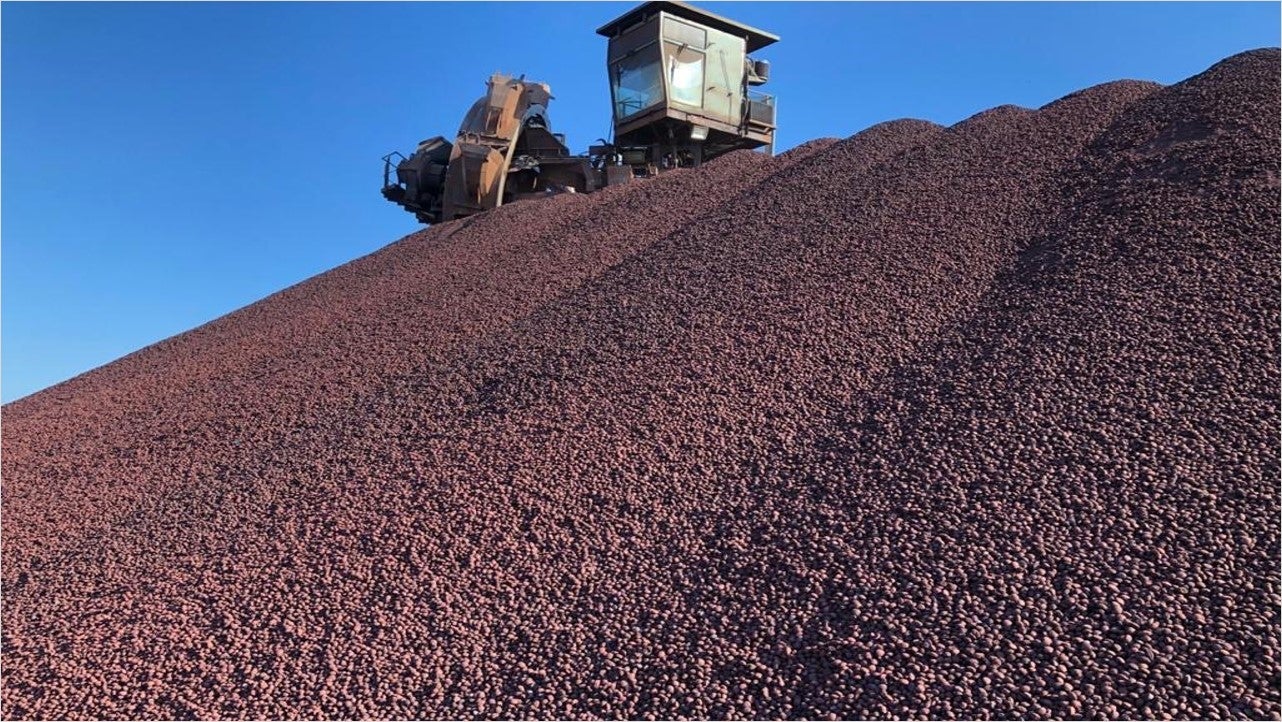
Vale has reportedly reinitiated the environmental licensing process for the Apolo iron ore project in Minas Gerais, Brazil.
The move comes after the completion of a ‘major revision’ of the mine’s original plan, reported Reuters citing the firm as saying in a presentation made to the Minas Gerais state assembly.
As per the revised plan, the project’s environmental impact has been reduced by eliminating the need for tailings dams. It also reduced the project’s total required area.
With a capacity of 14 million tonnes per annum (Mtpa), the project is anticipated to have an operational life of 29 years.
The Brazilian miner expects to receive the licences and plans to start operations at the project by 2028.
Intended to store mining waste, the tailings dams have come under scrutiny in the country following two disasters.
The most recent dam failure was at a Vale mine in Minas Gerais in 2019, resulting in the deaths of 270 people and significant environmental damage.
Earlier this year, Vale agreed to pay $7bn (R$37.7bn) in compensation for the Brumadinho dam disaster, which occurred when a dam collapsed at Vale’s Córrego do Feijão iron mine.
The incident released a mudslide on the local town of Brumadinho.
In 2020, Vale reported 322Mtpa in iron ore production. It aims to increase the figure to 350Mtpa this year.
In September 2021, the miner deployed six self-driving trucks at its Carajas iron ore complex in the Brazilian state of Pará.
The deployment follows the trials of the autonomous trucks in an isolated area in Carajás since 2019.



